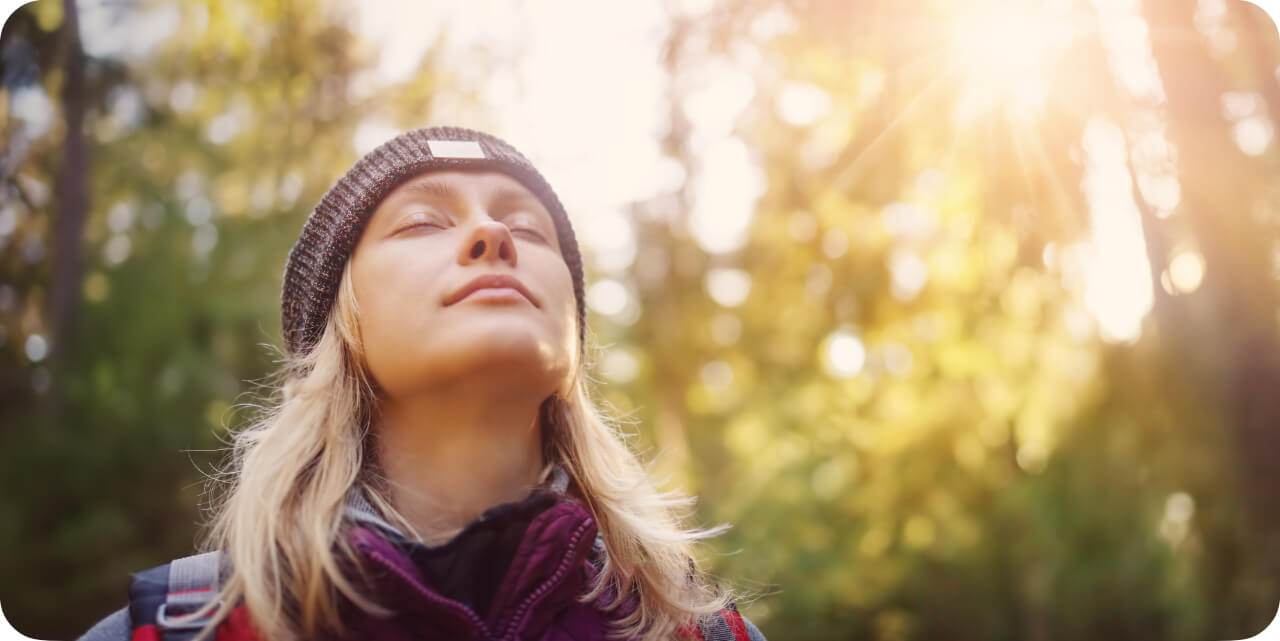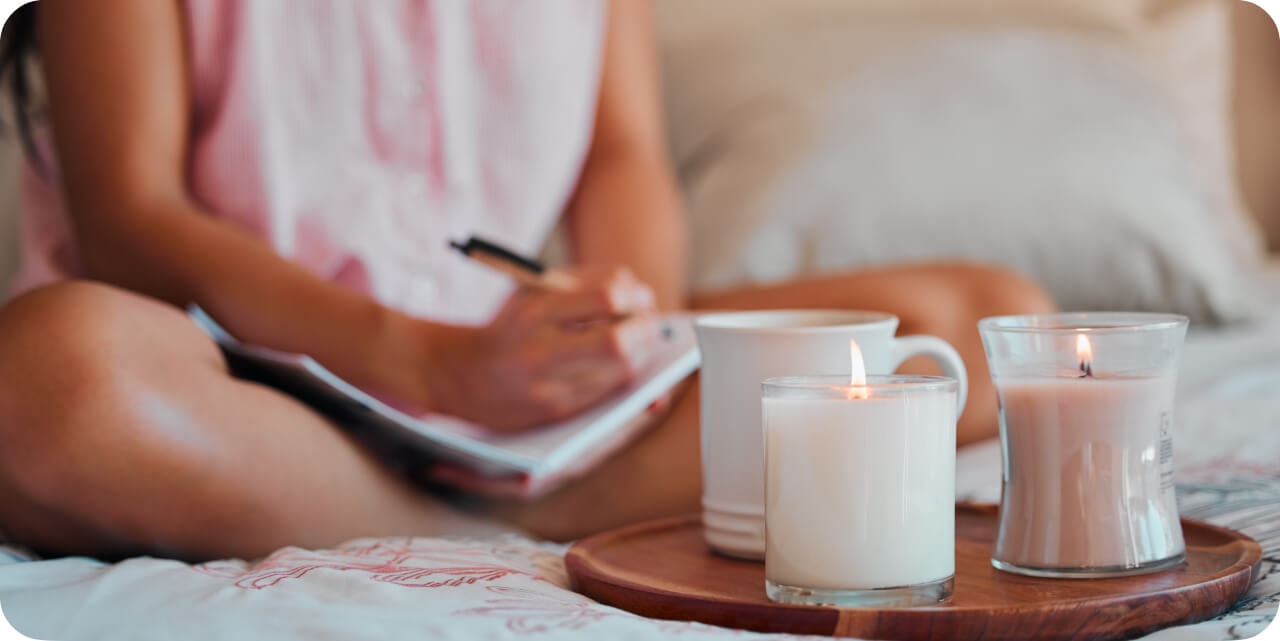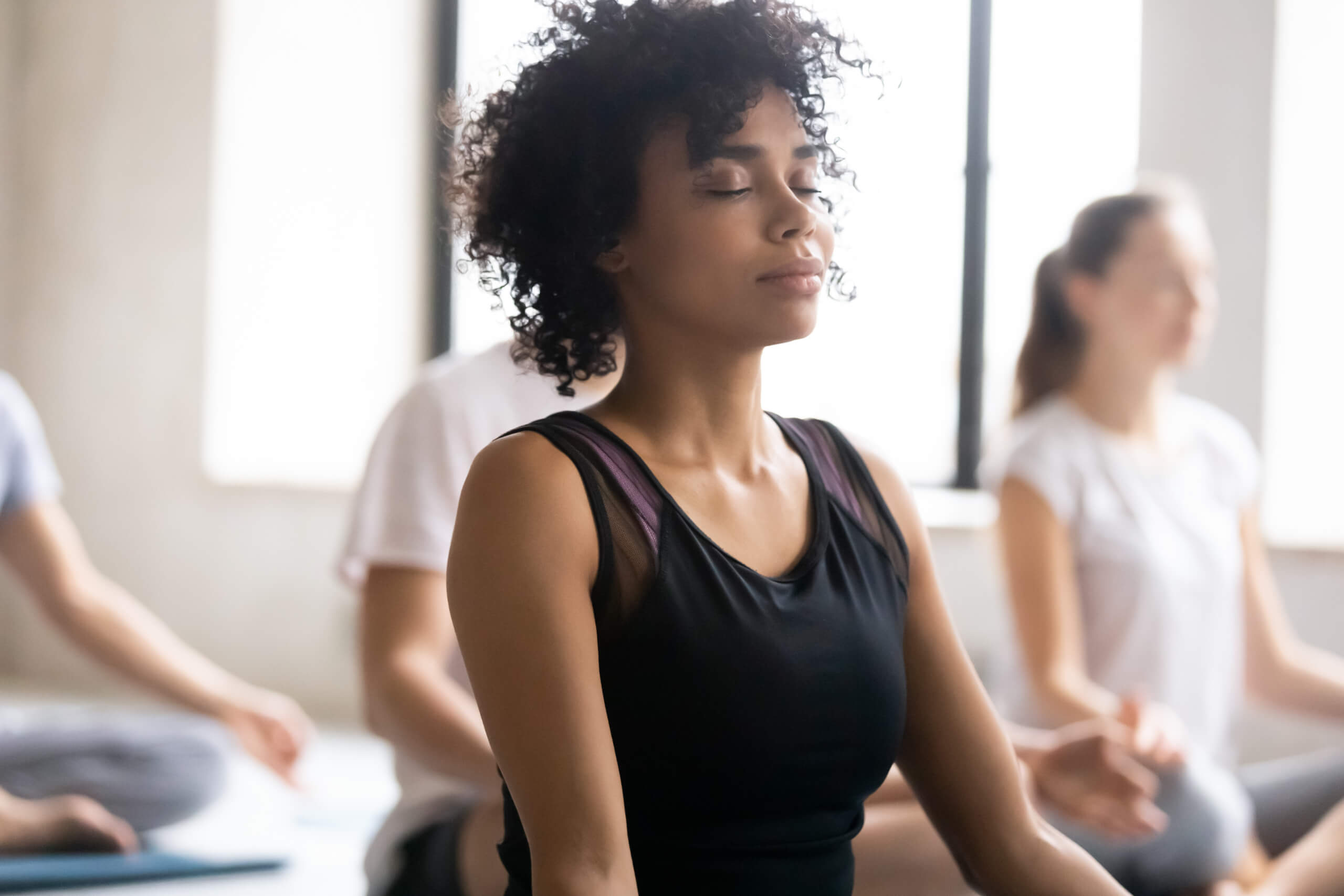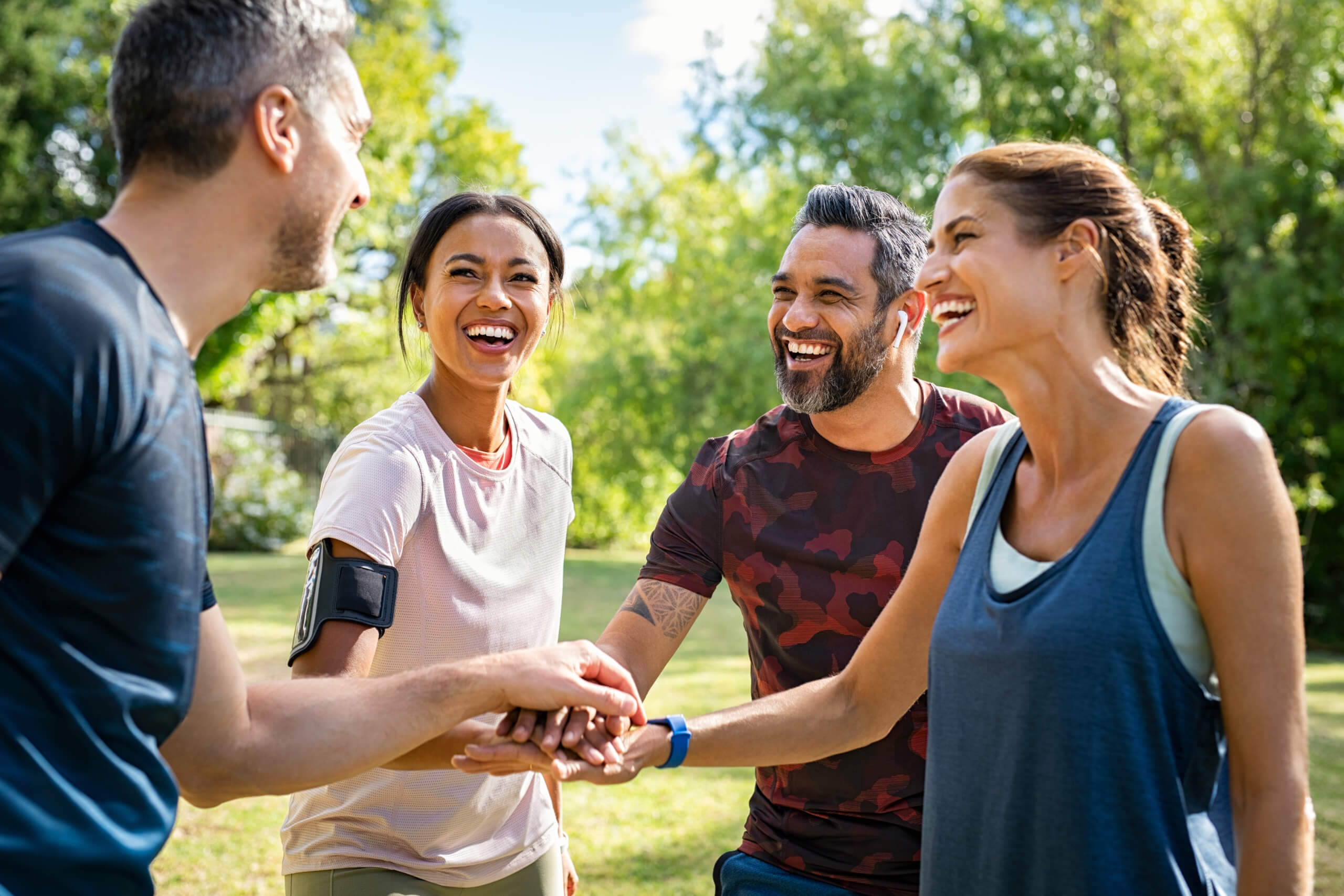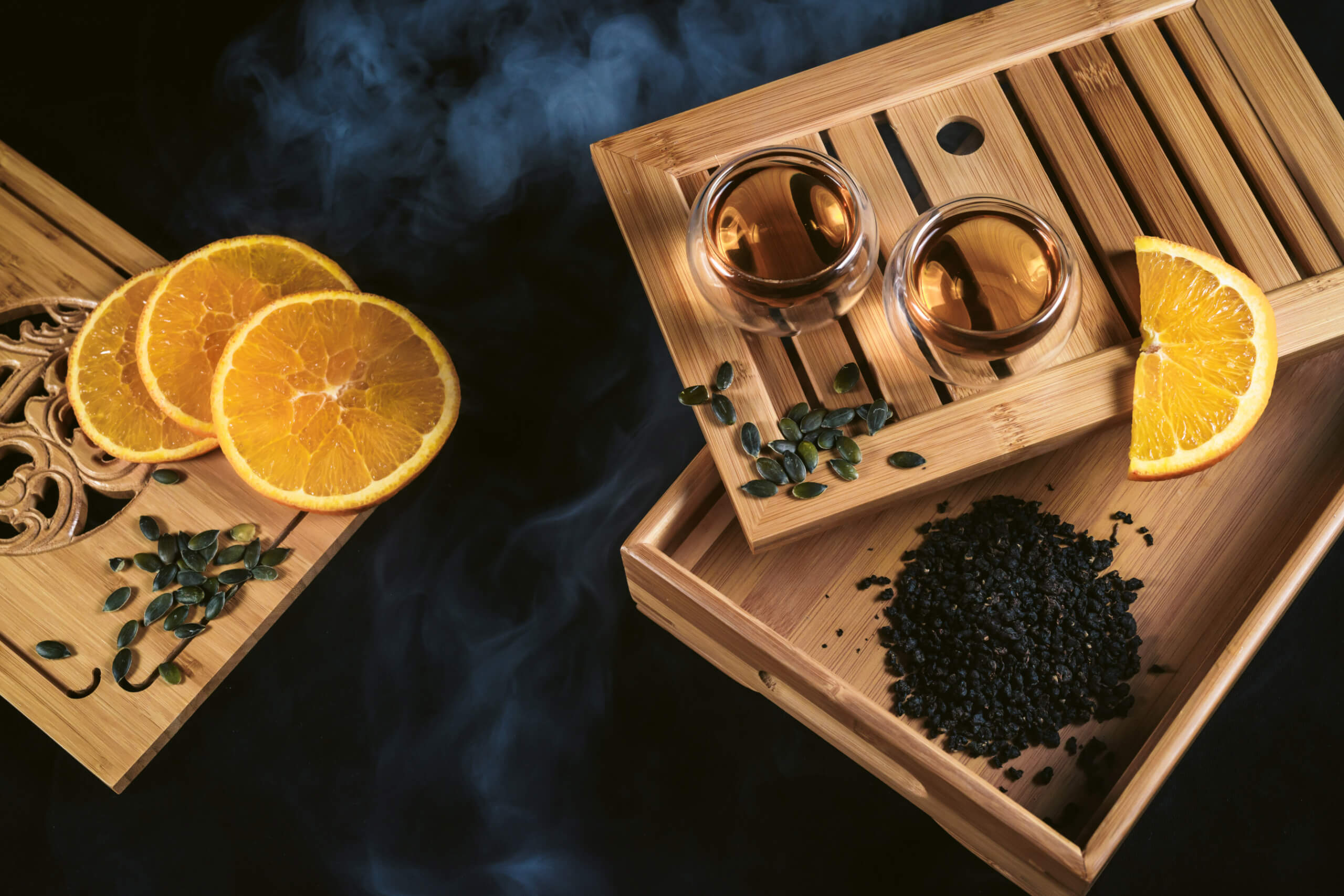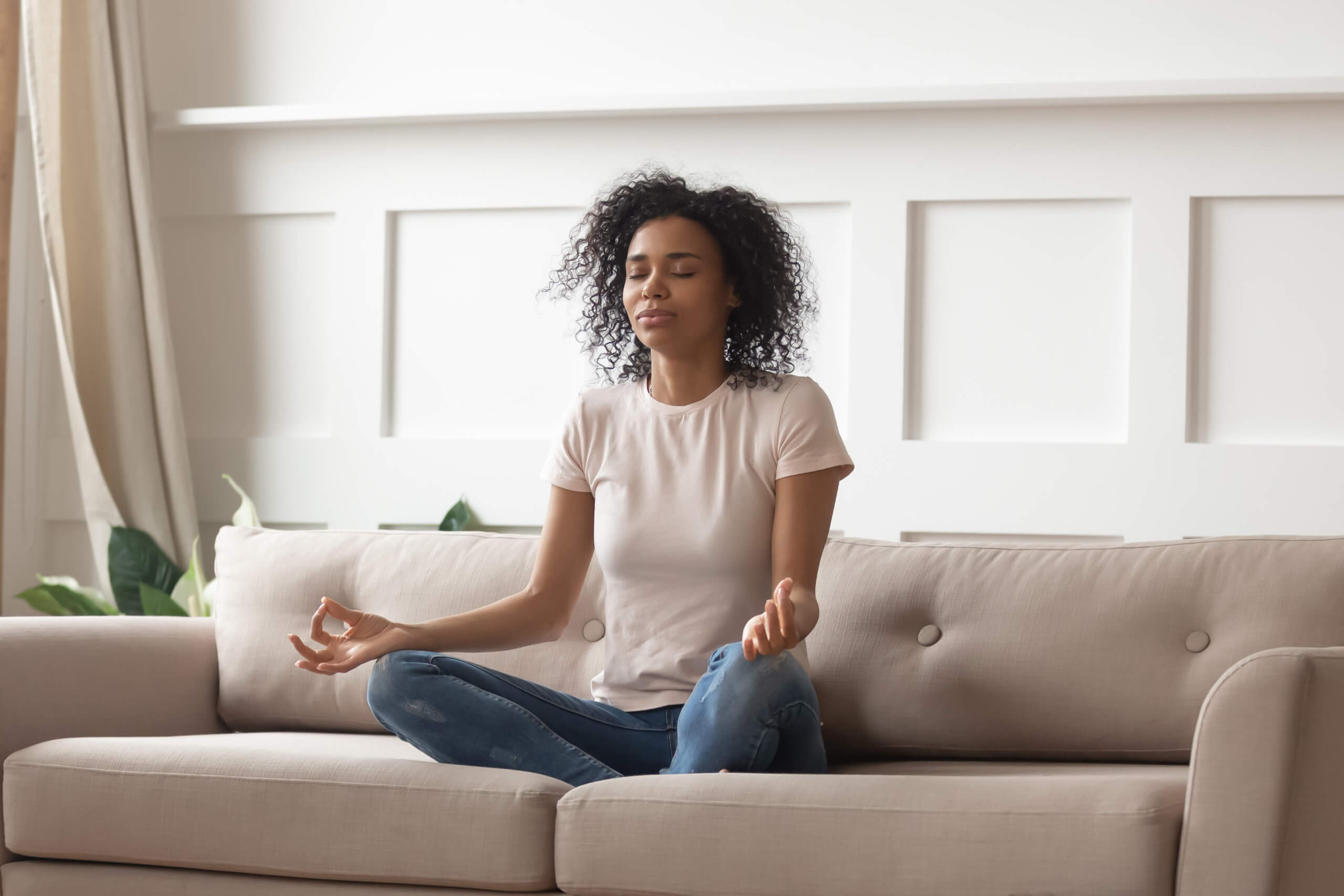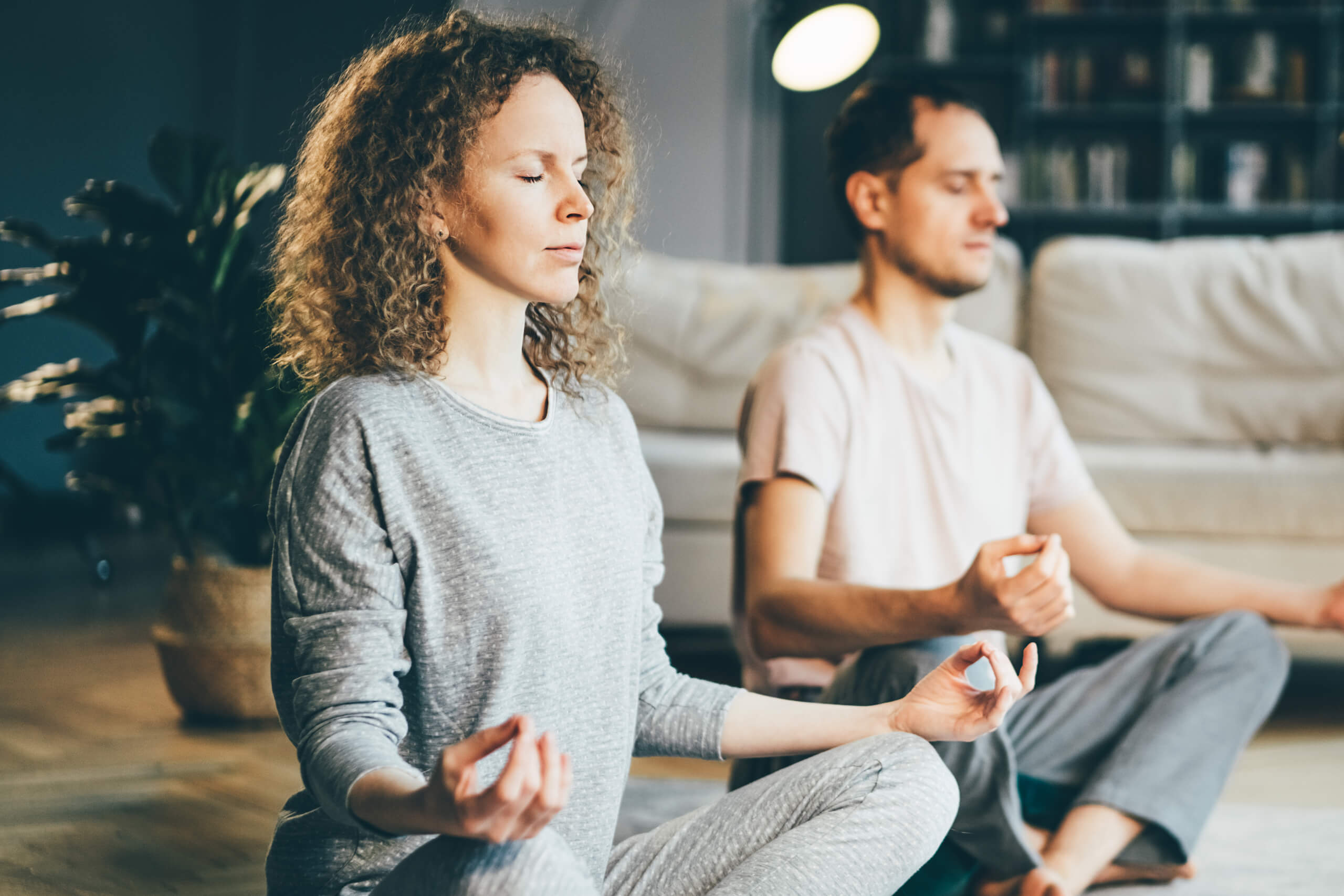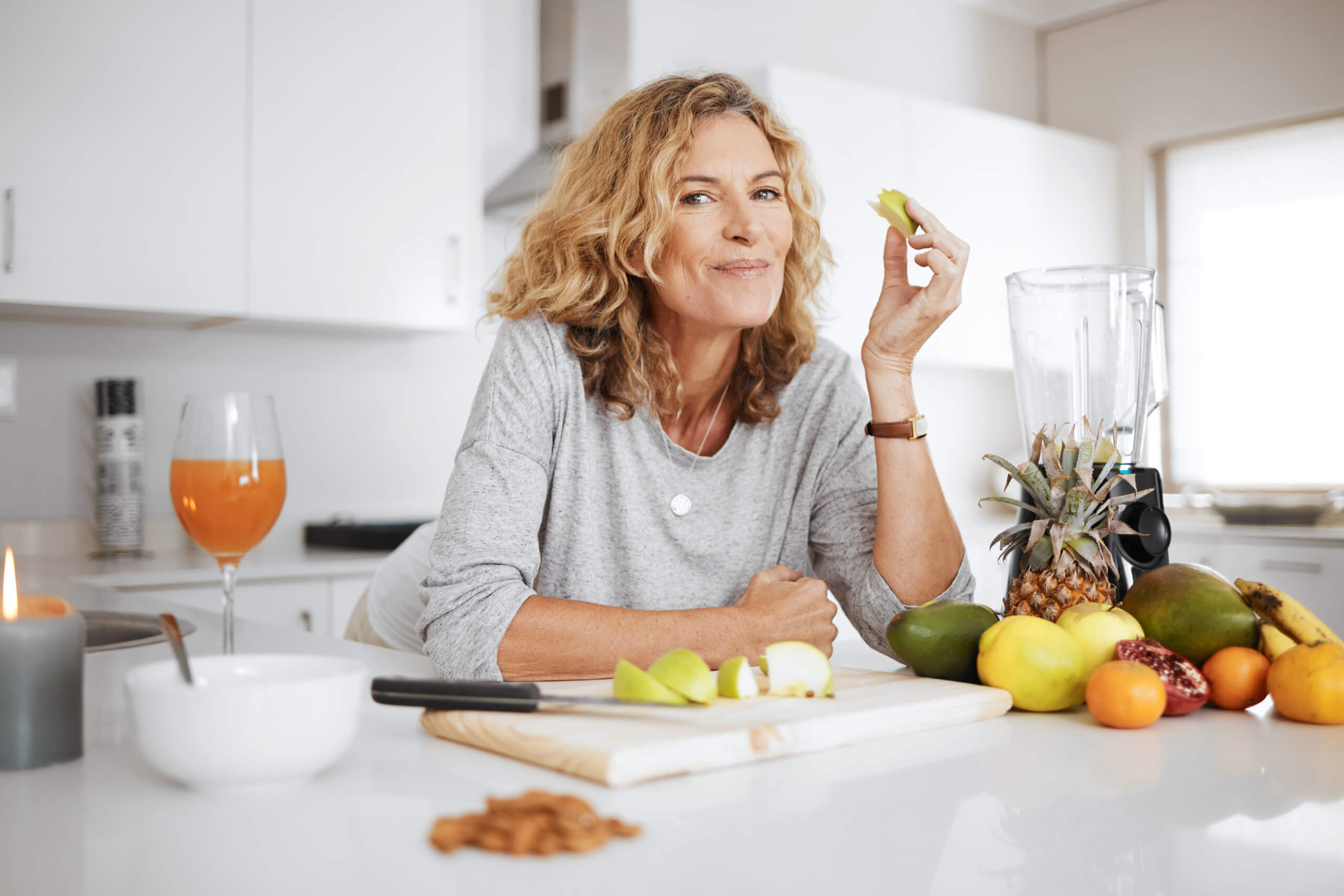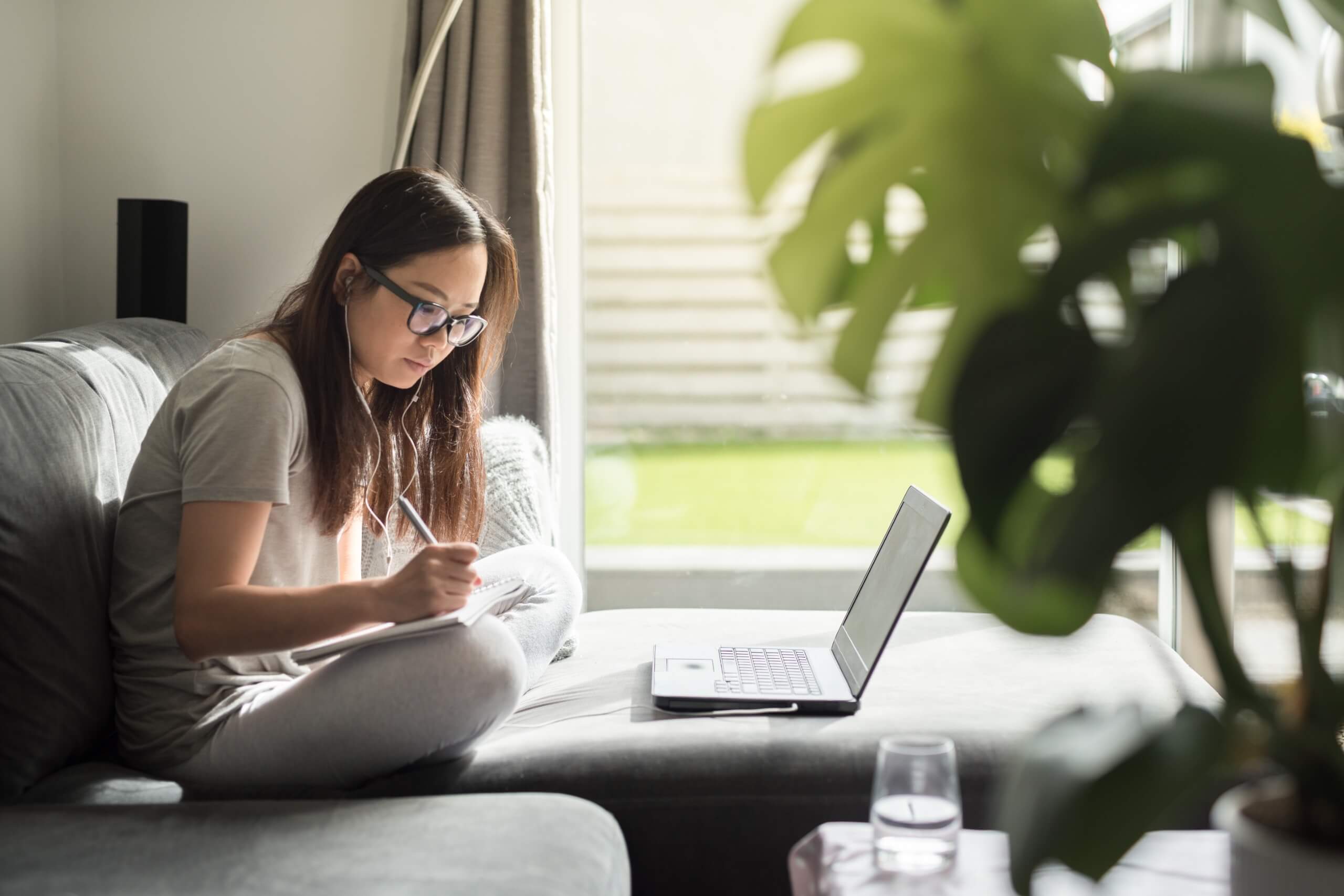Stress and anxiety are common experiences for many people. While they can be challenging to manage, there are various relaxation techniques that can help alleviate these feelings. This article will guide you through eight effective techniques to reduce stress and anxiety.
Technique 1: Deep Breathing Exercises
Deep breathing is a simple yet powerful relaxation technique. It involves focusing your attention on taking slow, deep breaths. This practice helps calm the mind and reduce stress levels.
Steps:
- Sit or lie in a comfortable position.
- Slowly inhale through your nose, filling your lungs completely.
- Hold your breath for a few seconds.
- Exhale slowly through your mouth.
Benefits:
- Lowers heart rate and blood pressure.
- Reduces feelings of anxiety and panic.
Technique 2: Progressive Muscle Relaxation
Progressive muscle relaxation involves tensing and then relaxing different muscle groups in the body. This technique helps identify areas of tension and promotes overall relaxation.
Steps:
- Start with your feet and work your way up.
- Tense each muscle group for 5 seconds.
- Relax for 30 seconds before moving to the next group.
Benefits:
- Helps identify sources of physical tension.
- Promotes a sense of physical and mental relaxation.
Technique 3: Mindfulness Meditation
Mindfulness meditation is a practice that involves focusing on the present moment and accepting it without judgment.
Steps:
- Find a quiet and comfortable place to sit or lie down.
- Close your eyes and focus on your breath.
- If your mind wanders, gently redirect your attention back to your breath.
Benefits:
- Enhances emotional regulation.
- Improves focus and concentration.
- Reduces stress and anxiety levels.
Technique 4: Yoga and Stretching
Yoga combines physical postures, breathing exercises, and meditation to enhance physical and mental well-being.
Steps:
- Choose a quiet space with enough room to move.
- Start with basic poses like the child’s pose or downward dog.
- Focus on your breath as you move through each pose.
Benefits:
- Increases body awareness.
- Improves strength and flexibility.
- Reduces physical tension and mental stress.
Technique 5: Guided Imagery
Guided imagery is a relaxation technique that involves visualizing calming and peaceful images or scenarios.
Steps:
- Find a quiet place where you won’t be disturbed.
- Close your eyes and take deep breaths.
- Imagine a peaceful scene, like a beach or a forest.
Benefits:
- Helps in relaxation and stress reduction.
- Can improve mood and reduce feelings of anxiety.
- Enhances sleep quality.
Technique 6: Aromatherapy
Aromatherapy uses essential oils to promote health and well-being, often aiding in relaxation and stress reduction.
Steps:
- Choose essential oils known for their calming properties (like lavender or chamomile).
- Use a diffuser or apply diluted oils to your skin.
- Breathe in the aroma and relax.
Benefits:
- Reduces stress and anxiety.
- Can improve sleep quality.
- Creates a calming atmosphere.
Technique 7: Journaling
Journaling involves writing down your thoughts and feelings, helping you understand and manage them more effectively.
Steps:
- Find a quiet time each day to write.
- Write about your day, feelings, or any thoughts that come to mind.
- Don’t worry about grammar or spelling; focus on expressing yourself.
Benefits:
- Helps in processing emotions and reducing stress.
- Improves self-awareness.
- Can provide a sense of relief and clarity.
Technique 8: Physical Exercise
Regular physical exercise can be a powerful stress reliever, promoting overall physical and mental health.
Steps:
- Choose an activity you enjoy (like walking, cycling, or swimming).
- Aim for at least 30 minutes of moderate exercise most days of the week.
- Pay attention to how your body feels during the activity.
Benefits:
- Releases endorphins, which are natural mood lifters.
- Improves sleep quality.
- Reduces symptoms of anxiety and depression.
By integrating these techniques into your daily routine, you can create a comprehensive approach to managing stress and anxiety. Remember, the key is to find what works best for you and to practice regularly for the best results.
Incorporating Supplements
Supplements can play a supportive role in managing stress and anxiety. “Night Night,” a supplement available at UltraNutrio, is designed to promote relaxation and improve sleep quality.
Conclusion
These eight relaxation techniques offer various ways to manage stress and anxiety. By incorporating these practices into your daily routine, you can significantly improve your mental well-being and quality of life.
FAQs
- How long should I practice these techniques?
- Each technique can be practiced for 5-20 minutes, depending on your preference and schedule.
- Can these techniques replace medical advice?
- While effective, these techniques should complement, not replace, professional medical advice.
- Is it safe to use the Night Night supplement daily?
- Yes, it’s designed for daily use, but it’s always best to consult with a healthcare provider.
- Can children practice these relaxation techniques?
- Yes, but some techniques may need to be modified for younger individuals.
- How quickly will I see results from these techniques?
- Results can vary, but many people feel more relaxed after just a few sessions.
Related Posts
23/12/2024
The Link Between Sleep and Mental Health: How Night Night Helps
Ever feel like a bad night’s sleep turns your world upside down? That’s no coincidence. Sleep and mental health are…
11/12/2024
5-HTP: Supporting Mood and Sleep
Struggling with mood swings or restless nights? You're not alone. In today’s fast-paced world, maintaining emotional…
29/11/2024
Mood-Boosting Foods and Supplements for Better Mental Well-being
In our fast-paced world, maintaining mental well-being is more challenging yet more crucial than ever. Beyond lifestyle…
17/11/2024
How GABA Improves Sleep Quality and Relaxation
In today’s fast-paced world, many people struggle with achieving a restful night’s sleep. Anxiety, stress, and hectic…
05/11/2024
The Role of L-Theanine in Promoting Relaxation and Sleep
L-Theanine, an amino acid primarily found in tea leaves, has been celebrated for its unique ability to promote…
24/10/2024
How to Manage Stress Naturally with Supplements
Stress is an unavoidable part of life, but how we manage it can make all the difference in our mental and physical…
12/10/2024
Understanding the Gut-Brain Connection: Diet for Mental Health
Did you know that your gut and brain are constantly communicating? It’s called the gut-brain axis, and it plays a vital…
30/09/2024
The Role of Adaptogens in Reducing Stress and Anxiety
In today's fast-paced world, stress and anxiety are common challenges many of us face daily. While lifestyle changes…
18/09/2024
Top 7 Natural Supplements to Boost Your Mental Clarity
In today’s fast-paced world, maintaining mental clarity is more important than ever. Whether you’re juggling work…


